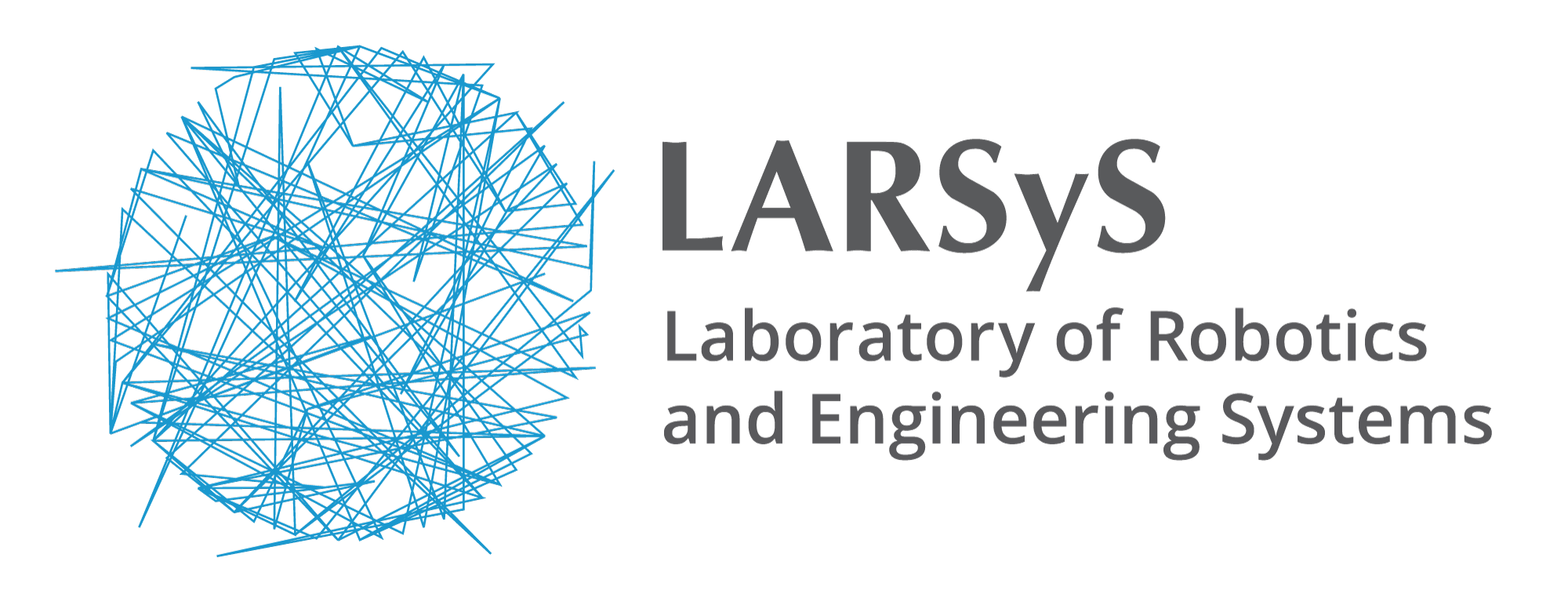The Signal and Image Processing (SIPg) research topics include convex and nonconvex optimization, distributed optimization, localization, acoustic signal processing, medical imaging, vision and image processing and big data processing.SIPg works with non-academic institutions and on end-to-end projects. SIPg sees real-world problems as opportunities. Firstly, they are opportunities to challenge traditional methods that, in general, are not well suited for real-world needs, thus opening paths for new highly transferable research. Indeed, these toolsets turn out to be applicable to many other problems, and our work has been recognized with prominent awards from IBM Portugal, the IEEE and CMU. Secondly, when we deal with a real-world problem, we have the opportunity to make a difference and to have a positive impact on society. This is why SIPg is committed with areas like urban data sensing and analytics, oceanic monitoring, and medical imaging. SIPg teams with industrial partners like Thales, NOS, and Farfetch, to both, grow our science and their know-how while doing good with research.
Synergies have developed into difficult research problems, impact publications, awards, and patents, but also into lasting partnerships. Since 2013 the SIPg worked jointly with Honda, and received recognition from Adobe.
We value international partnerships, and the number of continued collaborations shows our partners find them fruitful. Since 2013 the SIPg graduated 18 PhDs and 12 of them earned dual degrees with CMU. Our researchers in Algarve potentiate their expertise in underwater acoustics with collaborations with the Portuguese and Brazilian Navy hosting 5 students from UFRJ (Brazil). Algarve SIPg extend partnerships through European projects focusing on monitoring of the underwater ecosystem. Further, we innovate in deep learning for medical imaging with University of Adelaide within a project co-funded by the Australian Research Council featuring the front cover of the IEEE Trans on Image Proc in 2017.
